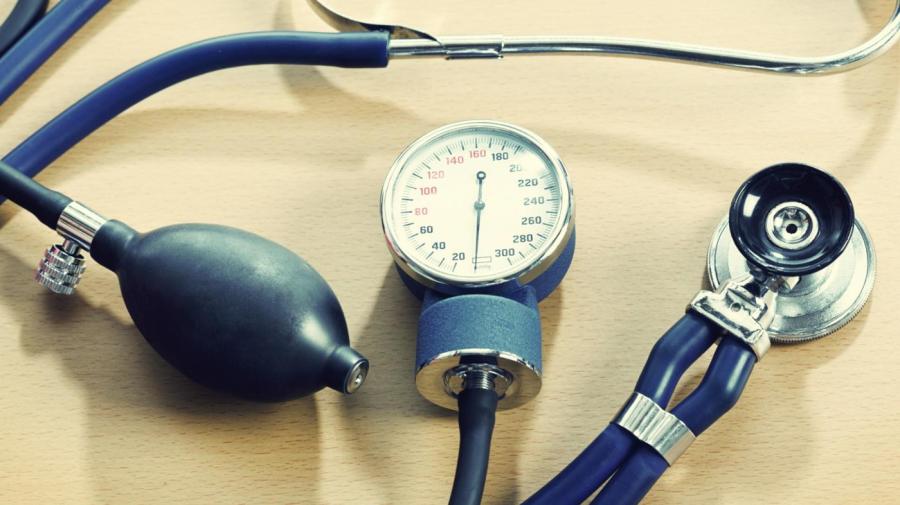What Causes a Rapid Heart Rate?

According to WebMD, a rapid heart rate, also referred to as heart palpitations, can be caused by a variety of factors, including anxiety, the use of stimulants or caffeine, stress, and hormonal fluctuations during pregnancy. In certain cases, a rapid heart rate can signify an underlying heart condition, so it is important for individuals experiencing unexplained heart palpitations to consult with a physician to ensure a proper diagnosis.
MedlinePlus explains that underlying medical conditions that cause heart palpitations include potassium imbalances, thyroid disorders, low blood oxygen and heart valve abnormalities. It is imperative that individuals with palpitations that are accompanied by chest pain, sweating, dizziness or loss of consciousness seek immediate medical assistance.
Mayo Clinic explains that tachycardia is a condition in which the resting heart rate is faster than 100 beats per minute. Tachycardia can be caused by damaged heart tissues, excessive alcohol consumption, smoking, high blood pressure, drug use and electrolyte imbalances. Atrial fibrillation is a form of tachycardia that occurs due to underlying structural issues of the heart due to disease or alcoholism. Atrial flutter is a type of tachycardia that causes the heart to contract at a weak rate, which in turn causes the heart to beat faster.





